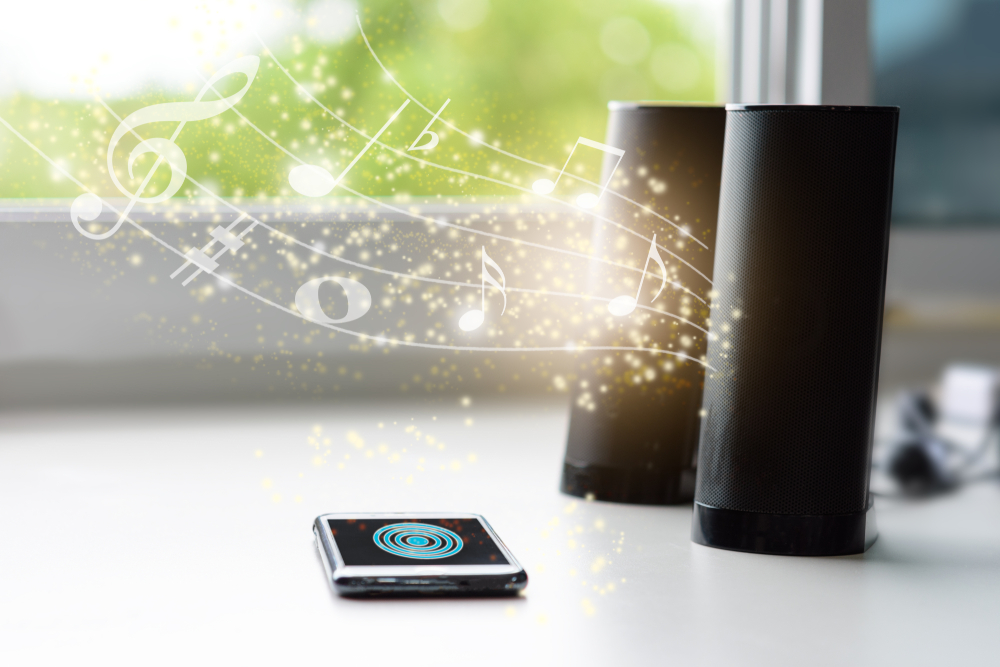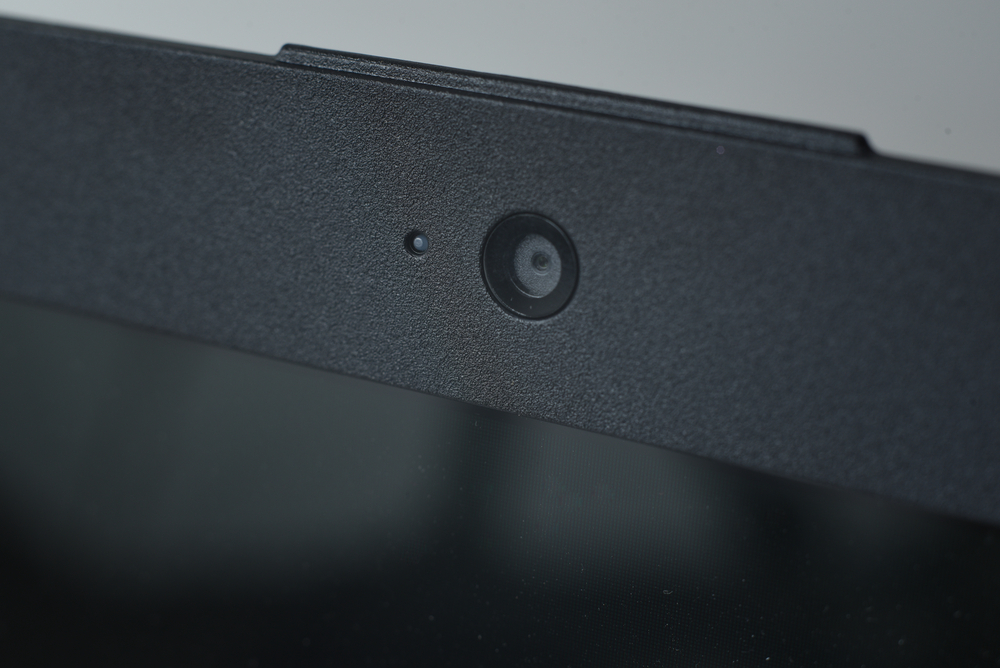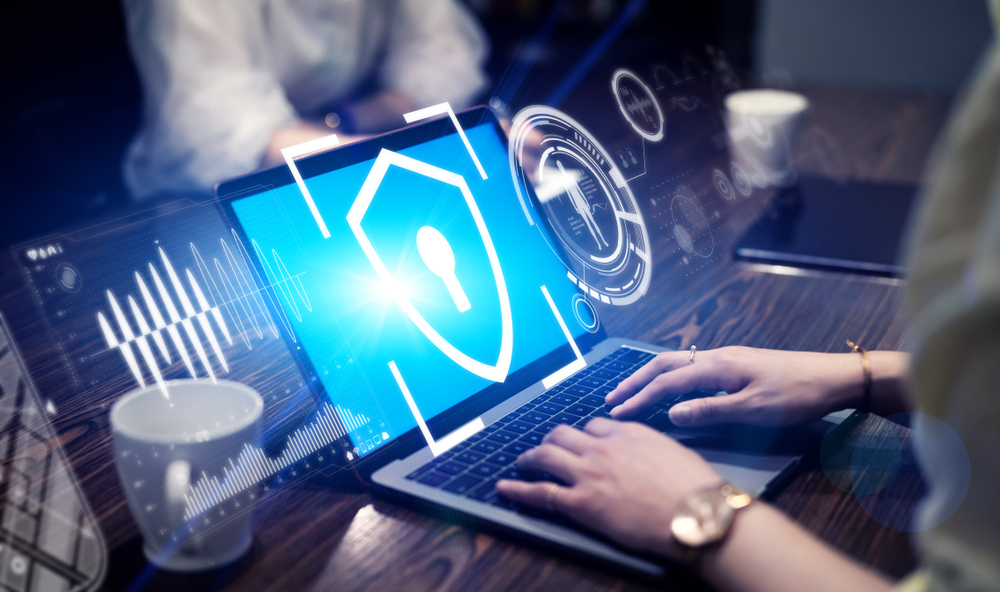Can criminals really use your devices to spy on you?

Technology has brought incredible convenience to our lives.
We can communicate face-to-face with someone on the other side of the world in an instant. We can control everything from lighting to kitchen appliances via our smartphones. We're able to work entirely from the comfort of our own home, eliminating the need for a lengthy morning commute.
As is often the case, that convenience can come at a cost — our privacy.
We've talked a great deal about keeping yourself safe online, preventing fraud and ensuring your hardware doesn't fall into the wrong hands. But that hardware can itself represent a significant risk to your privacy if you aren't careful. Here are just a few of the ways a criminal might hijack your devices to spy on you (or worse).
Bluetooth hacking

The threat
Especially in recent years, we've seen a surge in Bluetooth-capable devices, and with good reason. It's a powerful, convenient means for systems to communicate with one another. There's a reason Bluetooth headphones and speakers are so common, and a reason why Bluetooth is increasingly widespread in smart devices.
Unfortunately, Bluetooth also tends to be extremely insecure. Last month, for instance, Carnegie Mellon University released an advisory about multiple Bluetooth vulnerabilities that enabled device spoofing. Vulnerabilities like these are an unfortunately common thing — the standard as it exists today is, as some have noted, insecure by design.
What you can do about it
Aside from ensuring that all your devices use the latest Bluetooth version (again, don't skip updates), the best advice we can give is to simply disable Bluetooth when you aren't actively using it. There's virtually no reason for any of your devices to always be in pairing mode. And if any of your devices uses Bluetooth Low Energy (BLE), make sure they are also using BLE encryption.
Webcam snooping

The threat
You probably know at least one person who puts tape over their laptop webcam when they aren't using it, or disconnects their desktop camera until it's time for a Zoom call. Maybe you consider that behavior a little eccentric. But what if we told you that those people might not be as paranoid as you think?
Internet-connected cameras, webcams among them, have some of the worst security standards of any device on the market. They're so easy to hack that even the greenest script kiddie can usually figure them out. And as reported by The Washington Post, the centralized software leveraged by many cameras means that once a hacker is in, they have access to everything.
And that's not even getting into spying software and malware that might hijack your webcam without your knowledge.
What you can do about it
For one, you can unplug your webcam when you aren't using it. That aside, basic cybersecurity best practices, such as mindfulness, strong passwords, malware scans, etc. can go a long way in helping you here. And if you plan to purchase any sort of Internet-connected camera, make sure you do a bit of research first.
You want to know if the manufacturer cares about security, or if you're basically purchasing a window through which strangers can view your life.
IoT spying

The problem
If you've been paying any attention to the Internet of Things, you'll know that IoT security is a nightmare. Many connected endpoints lack even basic security controls, focusing instead on fancy bells and whistles. As early as 2016, cybersecurity agency BlackBerry demonstrated how an Internet-connected tea kettle could be used to break into a corporate network.
And no, things haven't gotten better since then. If anything, they're worse.
What you can do about it
First, if you're using a router that supports multiple networks (you should be), make sure your IoT devices are on one, and everything else is on the other. The idea is that even if someone manages to hack, say, a light bulb, your actual information should be safe. Of course, that still won't stop them from spying on you or messing with you by doing things like changing the temperature on your thermostat.
The best advice we can give here is to try to only purchase devices from manufacturers that you know take security seriously, keep your endpoints up-to-date, and, as with webcams, use strong passwords.
Protect yourself from bad actors with Bitdefender

If the above information is a touch intimidating, don't worry. You aren't expected to deal with these threats all on your own. Part of protecting yourself from cybercriminals is ensuring you're armed with the right security tools.
Bitdefender provides exactly that through Bitdefender Total Security. Currently on sale for 50% off, Bitdefender also safeguards you against standard threats like ransomware and computer viruses, It actively monitors your entire network for threats. The platform also features a powerful VPN, a microphone monitor, webcam protection, and a powerful password manager.
In short, it's everything you need to keep not just your data, but your entire personal life, away from bad eggs who'd spy on you.
Sign up to get the BEST of Tom's Guide direct to your inbox.
Get instant access to breaking news, the hottest reviews, great deals and helpful tips.
